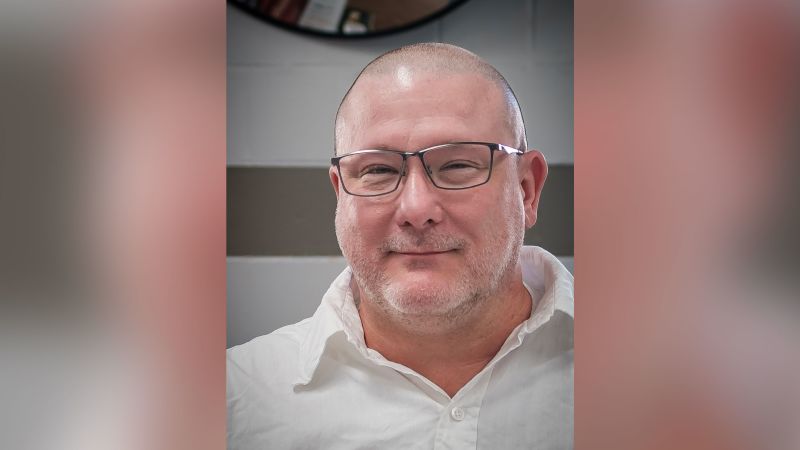The state of Missouri on Tuesday executed Brian Dorsey for the 2006 murders of his cousin, Sarah Bonnie, and her husband, Benjamin Bonnie, after an effort to have his life spared failed in recent days.
Dorsey’s time of death was recorded as 6:11 p.m, the Missouri Department of Corrections said in a news release. The method of execution was lethal injection, Karen Pojmann, a spokesperson for the department, said at a news conference, adding it “went smoothly, no problems.”
The execution of Dorsey, 52, occurred hours after the US Supreme Court declined to intervene and about a day after Missouri’s Republican governor denied clemency, rejecting the inmate’s petition – backed by more than 70 correctional officers and others – for a commutation of his sentence to life in prison.
Dorsey and his attorneys cited his remorse, his rehabilitation while behind bars and his representation at trial by attorneys who allegedly had a “financial conflict of interest” as reasons he should not be put to death. But those arguments were insufficient to convince Gov. Mike Parson, who said in a statement carrying out Dorsey’s sentence “would deliver justice and provide closure.”



The state should not have the right to end your life if you pose no immediate harm to anyone.
Death isn’t justice. It’s just death.
I disagree, taking people’s lives especially premeditated like this surrenders your rights to our society in my book. And for some people, they don’t get to just live in a prison forever.
If the state had the ability to end his life a week before he killed, the minute he was attempting to kill or an hour after he killed would you still say they had no right then?
What has changed in the period of those times to now?
That’s what prisons are for. They remove you from society for a set period of time (potentially indefinitely) in order to both punish you and protect others.
Flipping through the screenplay of Minority Report
It appears that giving a state official the ability to accuse individuals and summarily execute them for “pre-crime” would be an even worse idea than executing them in retrospect.
But in this case, I believe the fundamental problem with the American death penalty system is in how it overwhelmingly favors punishing the poor and uneducated while sparing the rich and well-connected. In this particular case, the problem appears to be a conflict of interests with his defense attorneys - a problem that would not exist if he’d had enough money to hire competent counsel. But we see time and again, instances of wrongful conviction (also see: The Innocence Project) and disproportionate sentencing particularly towards the mentally incompetent. We’ve also got a general problem with the executions themselves being beyond cruel, with “failed executions” become an increasingly common occurrence in our deplorably managed incarceration system.
Generally speaking, the judiciary recognizes expressions of remorse and efforts at rehabilitation/recompense to be mitigating factors in the wake of a crime (particularly crimes of passion or neglect). But these, too, are heavily weighted by one’s personal wealth and political influence. Clemency from the governor/president can and has been outright purchased in the past. Meanwhile individuals who were almost certainly wrongfully convicted - most famously, Cameron Todd Willingham in Texas - have been killed after repeated efforts by the governor to prevent and forestall any attempt to re-litigate the case, entirely for partisan reasons.
Over time, we have accumulated an abundance of evidence to suggest that executions fail to deter criminal behavior, disproportionately affect people of low social status, and do periodically occur to the wrongly convicted.
In light of those facts, we have ample reason to end the practice entirely, at the absolute very least until we can consider the process more reliable and less prone towards political biases.